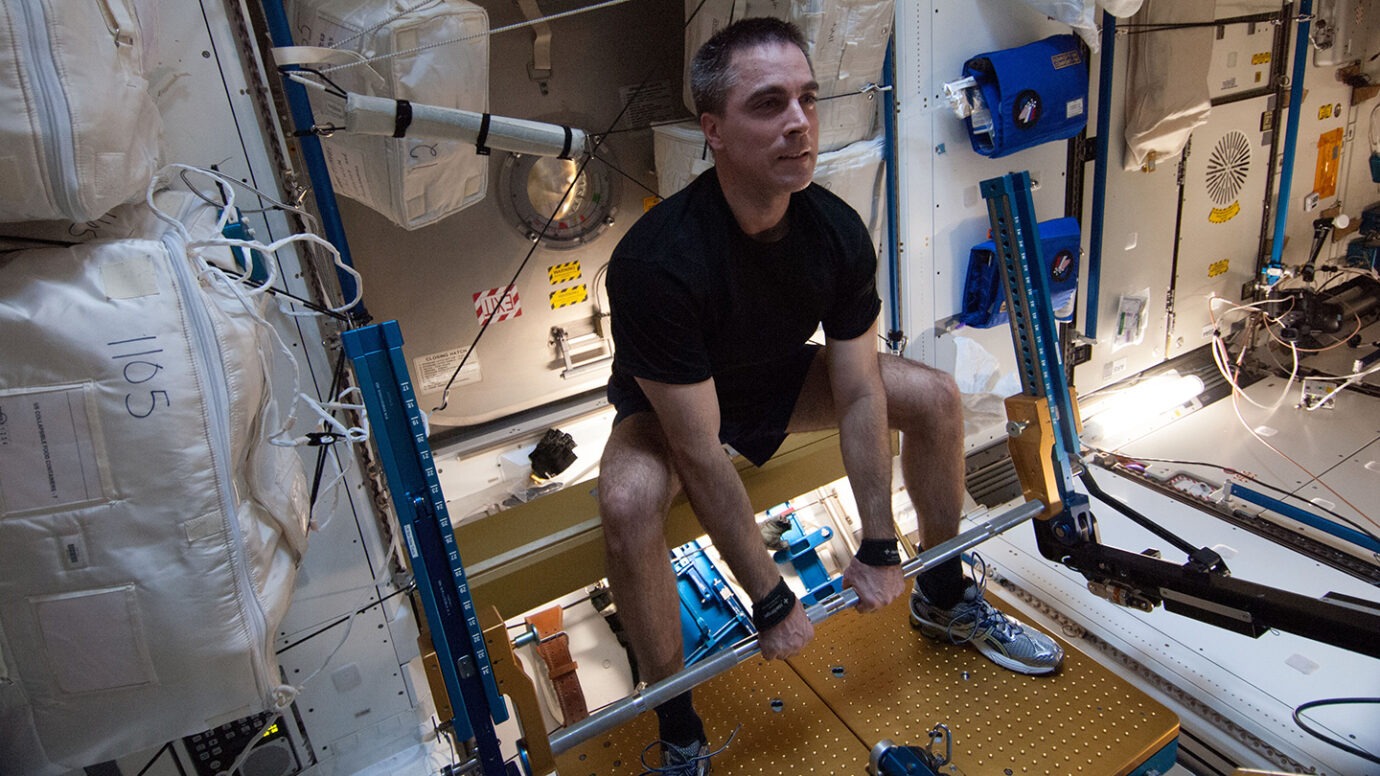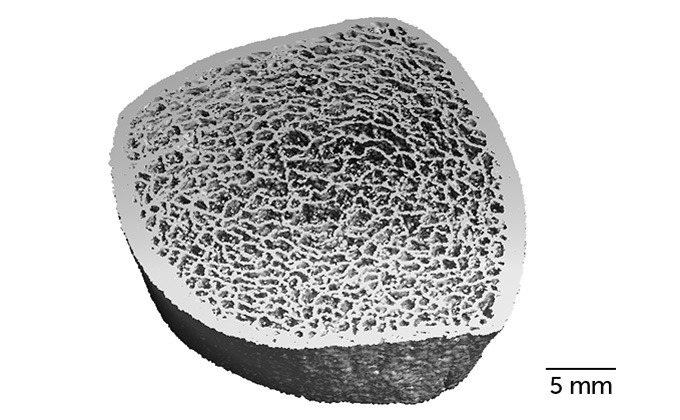Space missions lasting six months or more negatively affect the health of astronauts. The human body in orbit loses so much bone mass in six months, which is equivalent to two decades of aging. Moreover, intensive training upon returning to Earth for a year restores only half of the lost bone strength. Such a disappointing result was shared by researchers from Scientific Reports.

“Bones are a ‘living organ’. They are growing and constantly being rebuilt. But without gravity, bones lose their strength,” says Lee Gabel, an exercise scientist at the University of Calgary in Canada.
Geibel and her colleagues tracked the health indicators of 17 astronauts: 14 men and 3 women with an average age of 47 years who spent four to seven months in space. High-resolution computed tomography was used, which can measure the three-dimensional microarchitecture of bones at a scale of 61 microns, which is smaller than the thickness of human hair. With the help of the device, scientists checked the state of the structure of the tibia of the lower leg and the radius in the lower part of the shoulder. The photos were taken before the flight and after returning from space. And then repeated measurements were made six months and a year after the return. The obtained data were used to calculate the strength and density of bones.
Threat to future interplanetary missions
It turned out that astronauts who had been in space for less than six months were able to restore the strength of their bones during a year on Earth and with physical exertion. But those who have been in space longer have lost bone mass, which is equivalent to two decades of aging.

Examination of bones under a microscope showed the reason for the loss of bone strength. After six months of being in microgravity, bones lose microscopic body tissues called trabeculae. Their disappearance is irreversible. But it is possible to strengthen the remaining trabeculae.
The revealed fact threatens future missions to Mars. Considering that the upcoming crew mission to the Red Planet will last at least two years, the bones of the astronauts will not even be able to withstand a couple of steps on the surface. Therefore, space agencies should consider other measures to improve bone health. This is a task for biologists for the next few years.
Recall that earlier we showed how astronauts sleep in space and struggle with nightmares and snoring.
Follow us on Twitter to get the most interesting space news in time
https://twitter.com/ust_magazine

